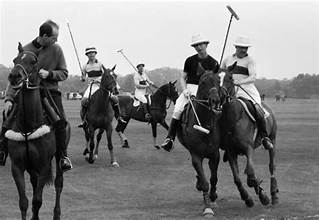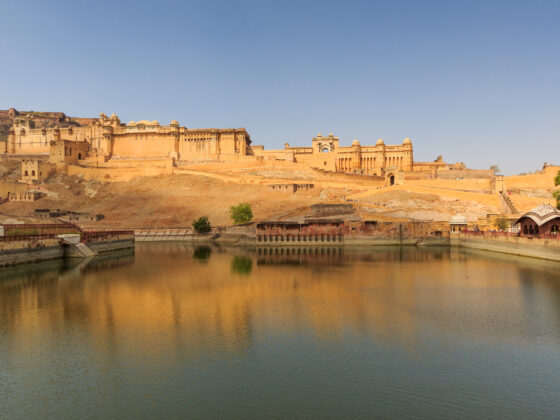Royal hobbies like polo, hunting, and classical music were not just pastimes for Rajasthan’s kings but symbols of their power, strategy, and cultural patronage. Rajasthan, the land of royalty, has a rich history of grand traditions and regal pastimes. The kings of Rajasthan indulged in exclusive hobbies that reflected their strength, strategy, and opulence. Polo, hunting, and other leisure activities not only entertained the royals but also showcased their skills, power, and deep connection with tradition.

1. Polo: The Sport of Kings
Polo, known as the “Game of Kings,” was one of the most prestigious sports among Rajasthan’s royals. The Rajput rulers mastered this equestrian game, making it a symbol of their bravery and aristocracy. Jaipur, Jodhpur, and Udaipur were major polo hubs, with kings promoting the sport through grand tournaments and dedicated polo grounds.
Famous Polo-Loving Royals
- Maharaja Sawai Man Singh II of Jaipur was an internationally acclaimed polo player.
- The royal families of Jodhpur and Udaipur supported polo teams and trained skilled horsemen.
- The Jaipur Polo Club and Jodhpur Polo Club remain legacies of this royal passion.
Even today, polo remains a celebrated sport in Rajasthan, attracting global participation and royal patronage.
2. Hunting: A Royal Tradition
For centuries, hunting symbolized power and valor among Rajasthan’s kings. The dense forests and vast deserts provided ideal hunting grounds, where maharajas pursued tigers, leopards, and other wild animals. This pastime was not just for entertainment but also a demonstration of courage and skill in weaponry.
Famous Hunting Grounds
- Ranthambore National Park: Formerly a hunting reserve for Jaipur’s royals.
- Sariska Tiger Reserve: Once the favored hunting ground of Alwar’s kings.
- Jaisalmer Desert: Home to royal hunts for blackbucks and other wildlife.
Many hunting lodges built by kings have now been converted into heritage hotels and wildlife conservation centers, preserving their historic charm.
3. Chess and Strategic Games
Beyond physical sports, Rajasthan’s kings engaged in chess, dice games, and strategic board games. These games honed their tactical thinking and prepared them for warfare. Kings played these games in grand palaces, often using large outdoor chessboards with human-sized pieces.
Notable Royal Game Enthusiasts
- Maharana Kumbha of Mewar encouraged strategic games and intellectual discussions.
- Jaipur’s royal court witnessed legendary chess matches played with golden and silver pieces.
Even today, Rajasthani palaces exhibit historical game boards and artifacts, highlighting the royal love for intellectual games.
4. Elephant and Horse Riding
Royalty in Rajasthan held deep admiration for elephant and horse riding. These animals symbolized status and strength, often accompanying kings in battles and royal processions.
Famous Equine and Elephant Traditions
- Elephant polo matches were organized during royal festivals.
- Marwari horses, known for their unique ears and agility, were favorites among Rajput warriors.
- Elephant processions, like those seen during Jaipur’s Teej Festival, showcased grandeur and tradition.
Even today, tourists can experience elephant rides in Amer Fort or witness horse parades in Jodhpur, keeping these royal traditions alive.
5. Music and Dance
Rajasthan’s kings patronized music and dance, making them an essential part of royal entertainment. Kathak, Ghoomar, and Kalbelia dance performances were regularly organized in the palaces. Skilled musicians played traditional instruments like the Sarangi, Tabla, and Pakhawaj, creating a mesmerizing atmosphere.
Royal Contributions to Arts
- Maharaja Sawai Jai Singh II of Jaipur supported musicians and poets in his court.
- The Mewar kings promoted classical music and dance performances.
- Jodhpur’s royal family helped preserve Rajasthan’s folk music traditions.
Even today, Rajasthan’s music and dance continue to thrive at festivals and heritage hotels, where visitors can experience royal-era performances.
Conclusion
The hobbies of Rajasthan’s kings were more than just leisure activities; they reflected power, intellect, and culture. Whether through polo, hunting, chess, or music, these royal pastimes shaped Rajasthan’s legacy. Today, many of these traditions continue, offering visitors a glimpse into the grandeur of Rajasthan’s regal history.



